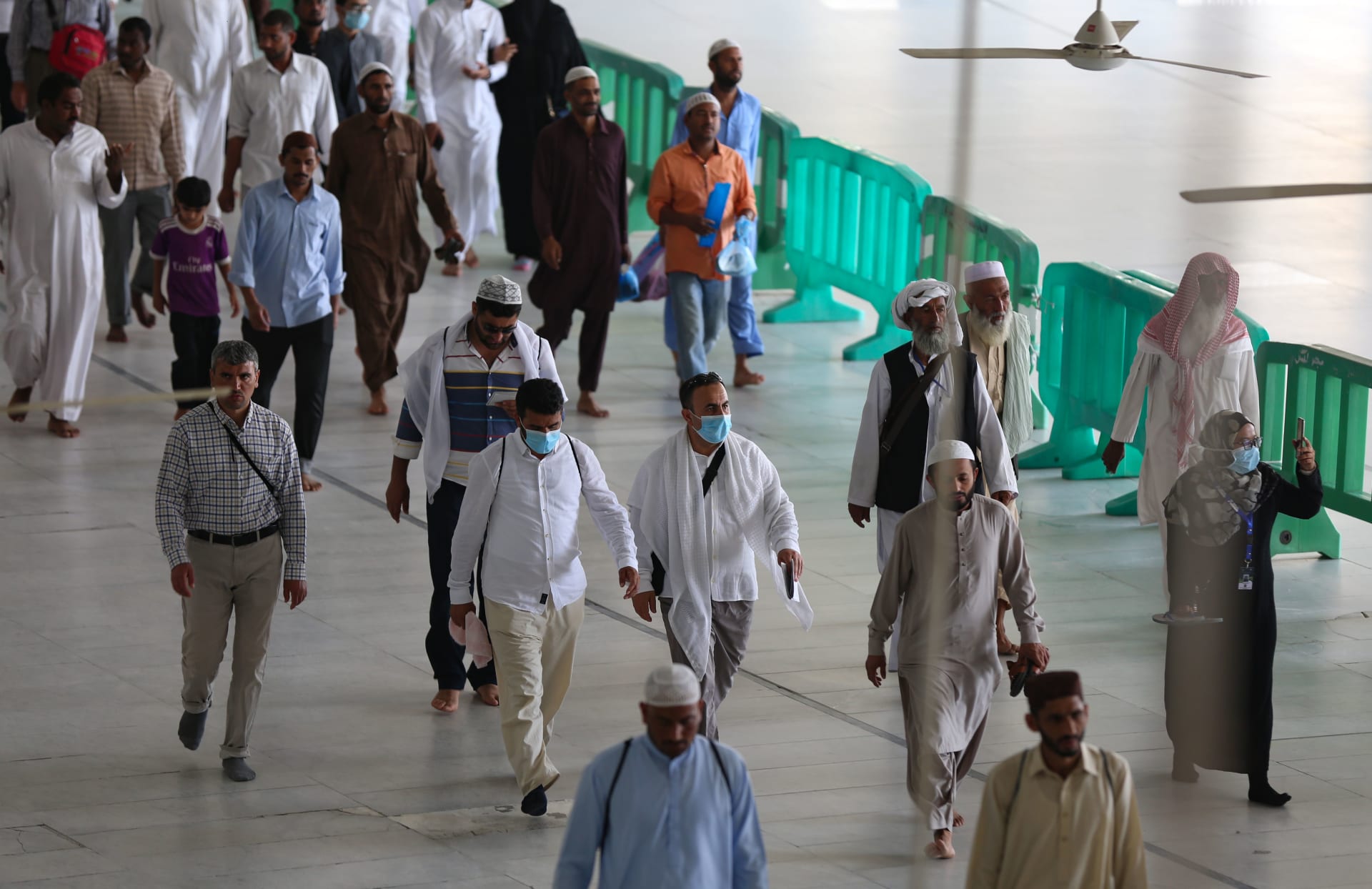“A Life Worse Than Hell” .. Has Saudi Arabia Really Abolished the Sponsorship System?

The Saudi regime’s media have been celebrating the annulment of the sponsorship system in the Kingdom since the thirties of the last century. But has Saudi Arabia really canceled this system? And would lives of expats improve accordingly?
The Saudi authorities said that they began cancelling the sponsorship system to be substituted with an initiative launched by the Ministry of Human Resources last November, to improve the contractual relationship of workers in the private sector, which came into force last Sunday.
The Saudi Ministry of Human Resources announced that the services provided by the initiative would allow “a job mobility service for a migrant worker to leave at the end of their contract without the need for the employer’s approval.”

The initiative defines the transition mechanisms during the validity of the contract, provided that the notice period and the specified controls are adhered to.
The initiative also includes the “exit and return service, which allows a migrant worker to travel outside Saudi, upon submitting the application with an online notification of the employer. The initiative’s services include all expat workers in the private sector within specific controls that take into account the rights of the parties to the contractual relationship.” The Ministry of Human Resources indicated that the service is available through Qawi and Absher platforms, and it will take effect from Sunday, March 14.
Strict Restrictions
The fact is that this announcement is nothing but another trick used by the Saudi Crown Prince Mohamed bin Salman to appear on the Saudi and regional scene, as there are important restrictions ignored, which wears off any positive impact on expats, and simply turns it into a restrictive useless law which would not improve the lives of migrant workers in Saudi Arabia.
The law on abolishing the sponsorship system established that the worker benefit from this service under specific conditions, including being part of the expatriate professional employment under the work system, that the expatriate worker spends 12 months with the current employer since entering Saudi Arabia, and that he submits an electronic notification to the employer of the request to transfer the service before 90 days after relocation or termination of the contract.

Furthermore, the service does not apply on vulnerable jobs , as they are deprived of any human rights, and they are not allowed to bring their families. These professions include the private driver, guard, domestic worker, shepherd and gardener, which official sources have confirmed will remain captive to the enslaved sponsorship system in Saudi Arabia.
Human Rights Criticism
International human rights organizations, including Human Rights Watch, said in a report at the end of last year, after Saudi had announced its intention to implement reforms to the sponsorship system, that if Saudi Arabia wanted to abolish the sponsorship system, it must “address every element” of it.
Saudi must “ensure all migrant workers are able to enter, reside, or leave the country without being dependent on the mercy of an individual employer or company. Saudi Arabia’s wealth and economy has been built on the backs of millions of migrant workers and it is time for deep-rooted change to accord them the legal protection and guarantees for their rights that they deserve.”, added the report.
During the Coronavirus crisis, many foreign workers were caught in debts and were not allowed to leave before paying their debts, while Saudis called on social media platforms to expel them and accused them of spreading the epidemic.
Many Asian workers, residing in Saudi Arabia, are trying to escape from a life “worse than hell,” according to a statement by an Indian worker to Agence France-Presse. The crisis, which hit the kingdom’s economy, threw thousands of them onto the streets, finding themselves without shelter, food, and no money to return to their countries.
When they left their country for Saudi Arabia, many workers had big dreams, but they came back with horrific stories they lived including being deprived of their salaries and not being able to leave the kingdom. As a result, thousands of workers from India, Pakistan, Bangladesh and the Philippines are left without shelter and without sufficient funds to return to their countries or even buy their basic needs after being fired from their work.
According to the statistics of the Saudi General Authority for Statistics, the total number of workers in private and public sector establishments in Saudi Arabia amounted to about eight million and 440 thousand workers by the end of the fourth quarter of 2019, and according to the “short-term business” report, while the number of foreigners in private and public sector establishments reached about six Millions and 480 thousand workers.
Read More: On International Women’s Day: Saudi Women Held in their Homeland’s Prison




